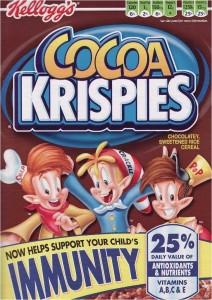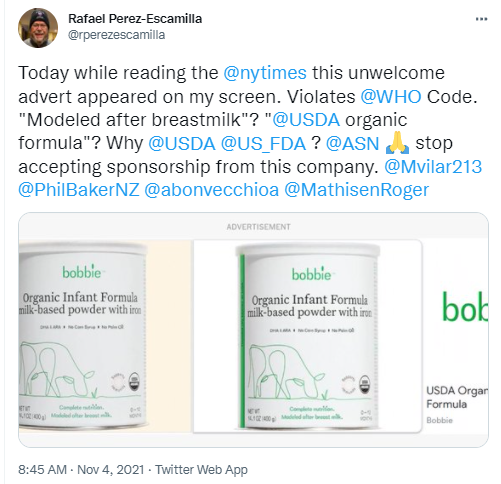Weekend reading: Immunity, Covid-19, and Generally Good Health
A reader, Philly Nassau, sent me the ingredient list of several “immune-boosting” supplements, in quotes because I am a supplement skeptic in general, and of immune supplements in particular (I favor eating healthfully and staying active).
Immune supplements claim to be “Nootropics and Brain Supplement for Memory, Brain Support, Clarity, Focus, Mood Boost, Anti Anxiety & Stress Relief.” Nootropics? These are defined as drugs or supplements capable of enhancing memory, concentration, or other cognitive functions and of preventing cognitive decline. How I wish.
But first, the science.
- Gut-microbiota-targeted diets modulate human immune status. “The data highlight how coupling dietary interventions to deep and longitudinal immune and microbiome profiling can provide individualized and population-wide insight. Fermented foods may be valuable in countering the decreased microbiome diversity and increased inflammation pervasive in industrialized society.”
- The Stanford press release on this paper. A fermented-food diet increases microbiome diversity and lowers inflammation, Stanford study finds. Stanford researchers discover that a 10-week diet high in fermented foods boosts microbiome diversity and improves immune responses.
- The New York Times account: How Fermented Foods May Alter Your Microbiome and Improve Your Health. Foods like yogurt, kimchi, sauerkraut and kombucha increased the diversity of gut microbes and led to lower levels of inflammation.
Beyond eating healthfully and including fermented foods in the diet, here’s what’s being said about diet and immunity.
- Immune health is a marketing opportunity: Given current events, it’s likely that there has been no greater focus on immune health amongst consumers than right now. The market opportunity in this space is staggering, with immunity supplements showing an explosive 72.3% growth in 2020.
- Euromonitor Immunity Report: How to appeal to the holistic health shopper: As consumers search for holistic and natural ways to improve their immunity, Euromonitor has published a new white paper examining how brands can appeal in a competitive and confusing market…. Read more
- Is immunity really the top functional choice for consumers in a pandemic era? It sounds pretty logical – the pandemic has prompted increased interest in immunity across F&B. But is it really top dog in the world of functional beverages – or are there other claims consumers are more interested in?… Read more
- Parents are looking for immune-boosting options for school kids. Grocery retailers and packaged food and beverage brands should brace for another significant shift in consumer shopping habits this month as many families with students returning to in-person school after a year or more of distance or hybrid learning look for more on-the-go, budget-conscious and immune-boosting breakfast and lunch solutions.
- Immunity in a glass: Orange juice bioactives may bolster immunity and reduce inflammation: The micronutrients and other bioactives contained in a glass of orange juice is sufficient enough to shore up the immune response and tackle oxidative stress and inflammation, a review concludes…. Read more
- Beyond immunity: What ‘superpowers’ do today’s consumers want from their beverages? The pandemic has propelled immunity to the top of the functional beverage agenda. But that doesn’t mean interest in other functional beverages has disappeared. We ask the experts what trends are bubbling away beneath the pandemic headlines – and will become all the more important to everyday heros in the coming years…. Read more
- Shiitake happens: Mushrooms to play key role in immunity nutrition and health, concludes report: Concerns over immune health and the pandemic has thrust the humble mushroom into the spotlight as experts hail the fungi’s ability to interact with gut microbes that influence healthy immune and inflammatory responses…. Read more



